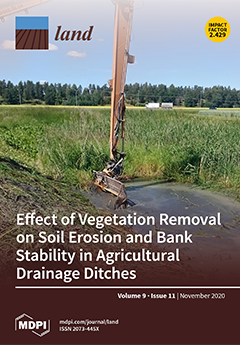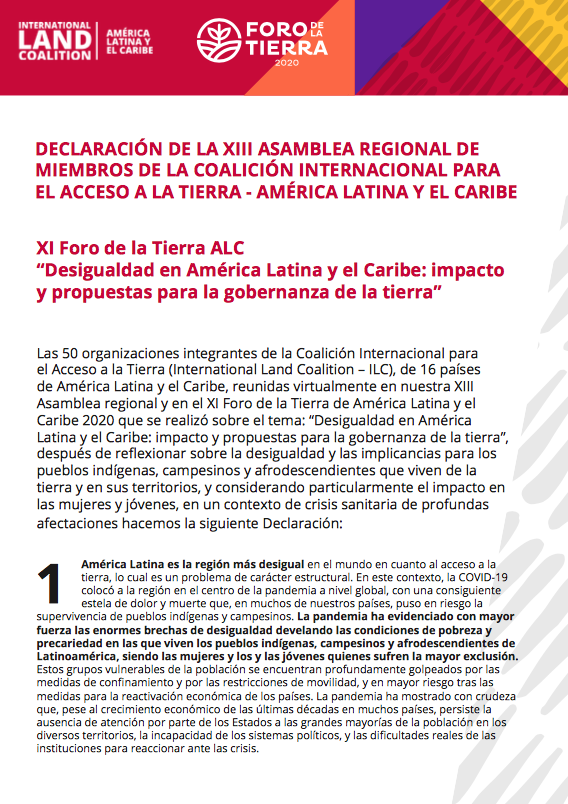Building an effective coalition to improve forest policy: Lessons from the coastal Tripa peat swamp rainforest, Sumatra, Indonesia
In recent history, Indonesian forest policies have been dominated by deforestation in the name of economic progress. Many actors have expressed concerns about this trend and have tried to reverse it in favour of a more sustainable pathway. From 2004–2017, non-governmental environmental organisations fought for the case of the coastal Tripa peat swamp rainforest in the province of Aceh, Sumatra. Unique in Indonesian history, they managed halting and reversing the deforestation of an area.







